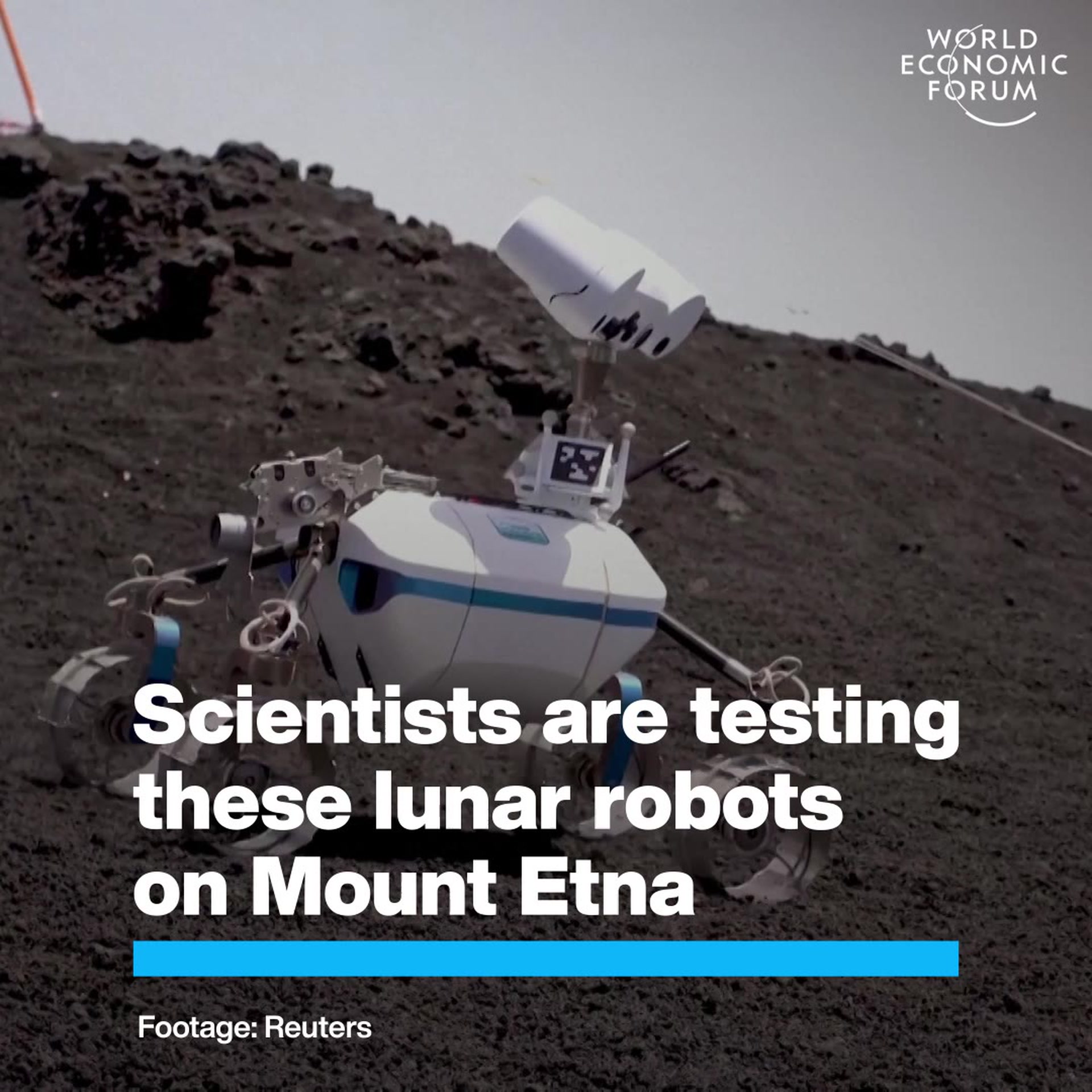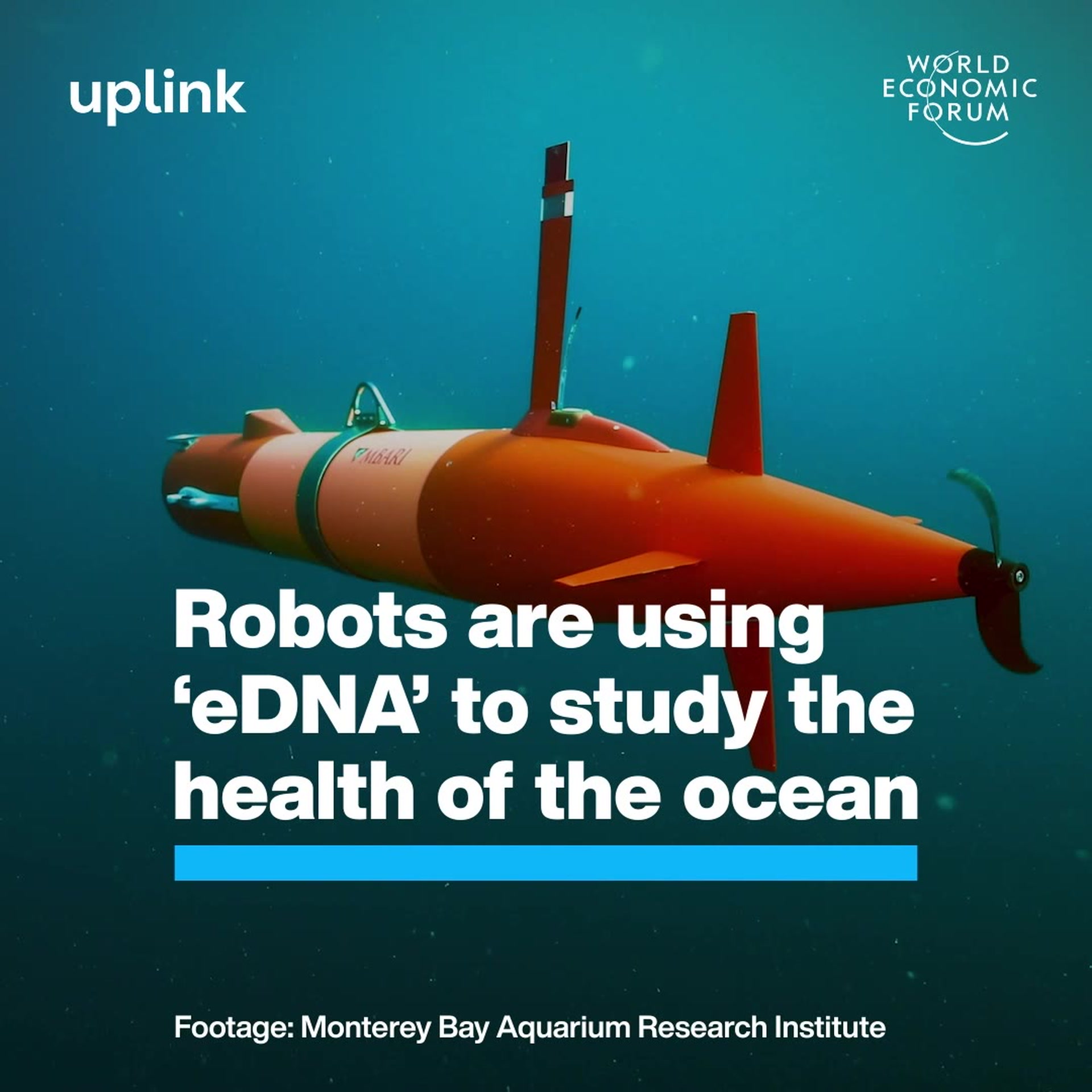
The Fourth Industrial Revolution represents a fundamental change in the way we live, work and relate to one another. It is a new chapter in human development, enabled by extraordinary technology advances commensurate with those of the first, second and third industrial revolutions. These advances are merging the physical, digital and biological worlds in ways that create both huge promise and potential peril. The speed, breadth and depth of this revolution is forcing us to rethink how countries develop, how organisations create value and even what it means to be human. The Fourth Industrial Revolution is about more than just technology-driven change; it is an opportunity to help everyone, including leaders, policy-makers and people from all income groups and nations, to harness converging technologies in order to create an inclusive, human-centred future. The real opportunity is to look beyond technology, and find ways to give the greatest number of people the ability to positively impact their families, organisations and communities.

These 4 innovators are space pioneers
The commercialization of space is growing rapidly. New innovations include planned tourist trips to the edge of space and the world’s first 3D-printed rockets.

Biotech can revolutionize healthcare. Here's how to unlock its potential
Biotech and its applications are rapidly evolving. Businesses, governments, and experts need to work together to realize its full potential in healthcare.

Here's how automation and job creation can go hand in hand
We are often told that millions of jobs will be lost to automation in the coming years, but the real impact depends on how we manage the transition.

Former NASA CTO on how to think ‘mission first’ and what's next for a free space economy
Chris Kemp - the space tech CEO and former NASA CTO - will explain what's needed to build a free space economy and what mindsets innovators will need for focus and success.

Lunar Robots Tested On Mount Etna

How AI Is Changing The World Of Sport

NASA Launches 1st Rocket From Australian Spaceport

Robots are using ‘eDNA’ to study the health of the ocean

Could ‘Space Bubbles’ Stop Climate Change?

Microsoft To Discontinue Face Analysis Tools

Why public-private collaboration is key to developing autonomous vehicle technology in Türkiye
Turkey is well placed to be a global leader in autonomous vehicle development and implementation, but government and companies will need to work together.

Microsoft reinvents the mouse for people with disabilities
Microsoft's Adaptive Accessories allow easier mouse and keyboard use for people with disabilities. It's Microsoft's first such hardware for core PC users.